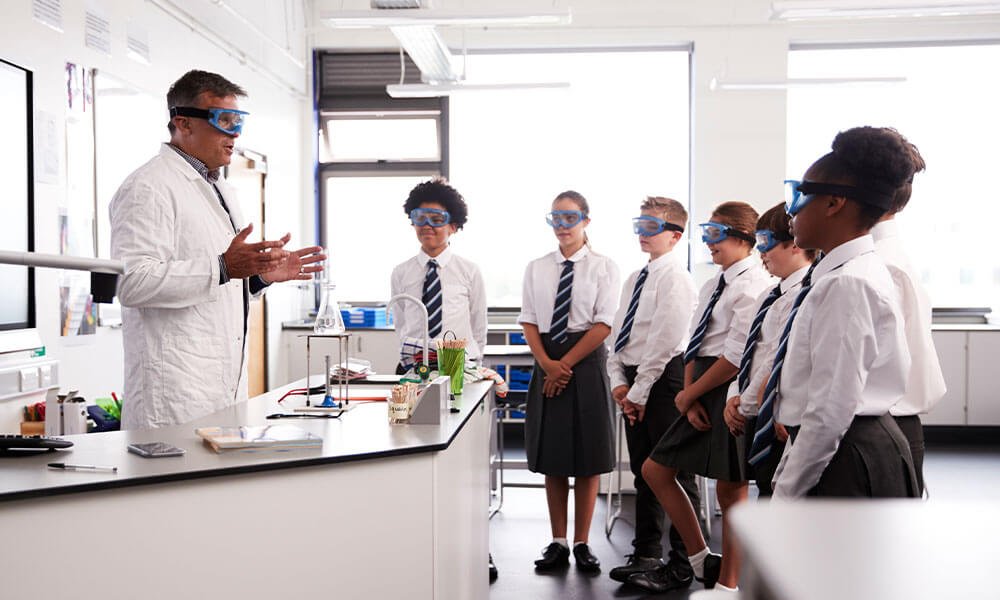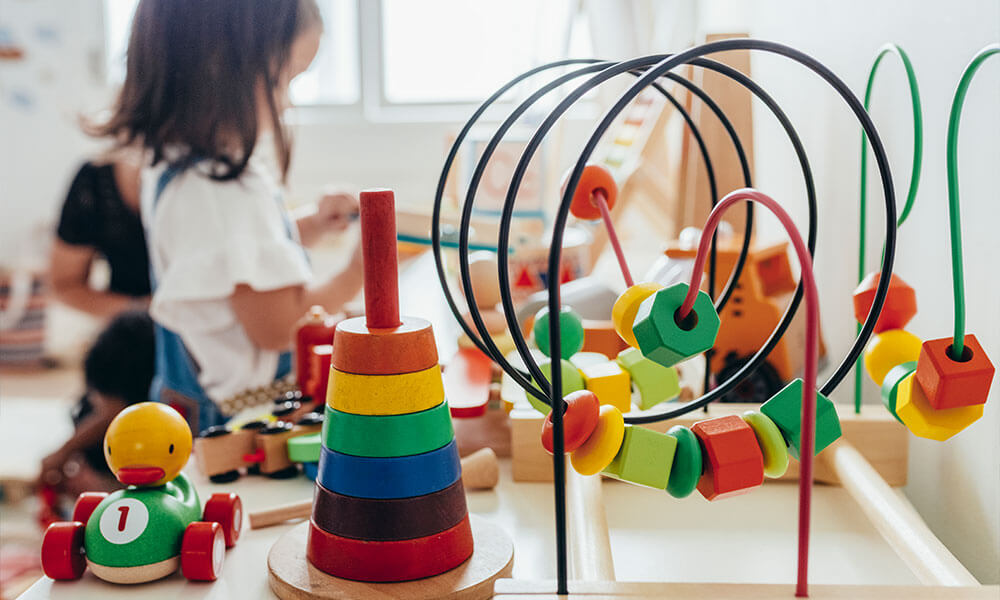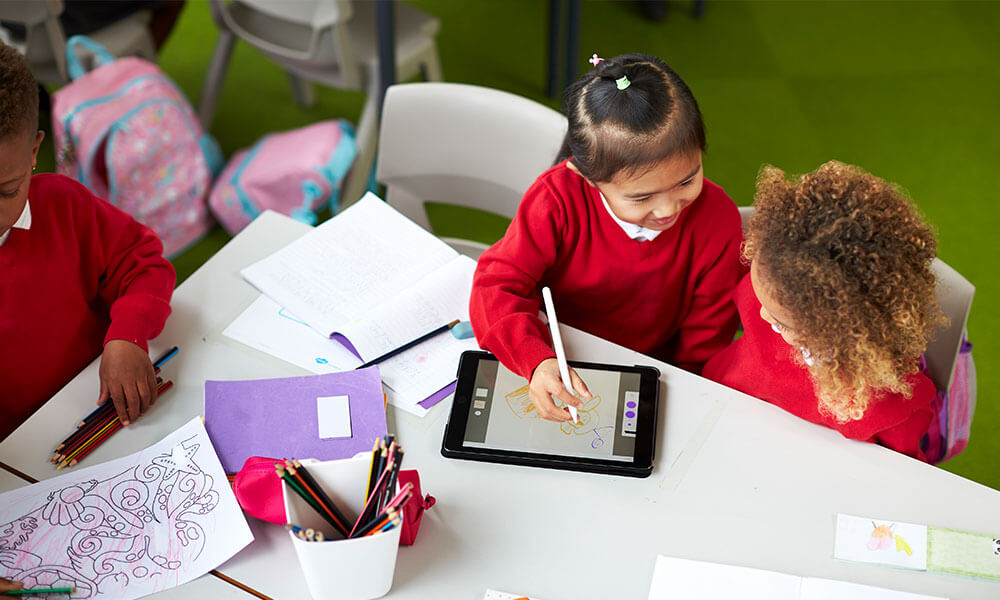
Understanding the UK education system
If you’re a Filipino who has recently moved to the United Kingdom, chances are you’re still figuring out the UK education system and how it will shape your child’s future.
Studying in the UK will also be an adjustment for you and your child. Unlike American schools which follow the K-12 curricula, the UK education system follows a four-stage national curriculum that requires your child to stay in school until they are 16.
If you live in England however, your child must stay in some form of education until they are 18. This can be any of the following:
- College or sixth form
- An apprenticeship or traineeship
- Spend a minimum of 20 hours a week working or volunteering whilst in part-time education or training
The UK’s basic school curriculum

The UK education system covers a child’s education from the time they are 3 years old until they turn 16. It covers five stages:
- The early years (nursery/reception)
- Key Stage 1 (5 to 7 years old)
- Key Stage 2 (7 to 11 years old)
- Key Stage 3 (11 to 14 years old)
- Key Stage 4 (14 to 16 years old)
To give you an overview of your child’s basic education in the UK, we’ve summarised the school system’s five stages in this table:
| Key stage | Your child’s age | What to expect |
| Early years | 3-5 | Lessons: • Basic language skills • Maths • Physical and personal development • Arts and crafts Skills assessment at age 5 |
| Key Stage 1 & 2 | 5-11 | Lessons in the national curriculum, including but not limited to: • English • Maths • Science • History • Geography • Art and design • Physical education (PE), including swimming Skills assessment and national exams at ages 7 and 11 |
| Key Stage 3 | 11-14 | Lessons in the national curriculum, including but not limited to: • English • Maths • Science • History • Geography • Modern foreign languages • Design and technology • Art and design • Music • Physical education • Computing Required classes in: • Relationships and health education • Religious education |
| Key Stage 4 | 14-16 | Preparation for GCSEs or NQs (Scotland). The compulsory national curriculum subjects are the ‘core’ and ‘foundation’ subjects. Core subjects are: • English • Maths • Science Foundation subjects are: • Computing • Physical education • Citizenship Optional: BTEC training, exams, and projects Schools must also offer at least one subject from each of these areas: • Arts • Design and technology • Humanities • Modern foreign languages Required classes in: • Relationships and health education • Religious education Exams sat at the end of Key Stage 4, to achieve GCSE’s or other national qualifications. |
The Early Years

Early education in the UK takes place in nurseries and pre-schools. It covers your child’s education from the time they are 3 years old until they reach 5 years of age.
This is your child’s foundation stage, where they learn to interact with each other and their environment through play.
Teachers in the early years also help children develop their skills in the following areas:
- Literacy – developing language and reading skills to help children express themselves and understand others
- Mathematics – learning to count to 10, understanding shapes and spaces
- Understanding the world – observing how a community works together and learning how they are also part of a community
- Expressive arts and crafts – developing their creativity
At 5 years old, your child will enter their reception year. At this time, your child’s teacher will evaluate their language, maths, communication skills and readiness for primary school.
Key Stages 1 and 2: Primary School

Primary school in the UK education system lasts from the time your child is 5 years old until they are 11.
At this stage, your child will:
- Develop their reading and writing skills
- Develop their skills with numbers
- Develop a basic understanding of compulsory school subjects, including English, maths, science, geography and history
The teachers will also assess your child’s reading, writing and maths skills at the end of each Key Stage.
Key Stages 3 and 4: Secondary School

From the ages of 11 to 16, your child will study a variety of subjects in the national curriculum.
These subjects are:
- English
- Maths
- Science
- History
- Geography
- Art and design
- Music
- Physical education
- Modern foreign languages
- Design and technology
- Citizenship
- Computing
Apart from academics, your child will also have classes in relationships and health education, and religious education. While these subjects are compulsory, you will still have the option to remove your child from these classes if you wish. However, take note that the UK education system requires all students to attend classes in science-based relationships and health education.
By the time they are 14 to 16 years old, your child will be preparing for their final exams. These are the General Certificate of Secondary Education or GCSEs in England, Wales, and Northern Ireland and the National Qualifications in Scotland.
The results from these exams will help your child find work, pursue further studies, or enter an apprenticeship after they have completed their basic education.
Further Education

Further education (FE) has two pathways:
- The vocational pathway
- The academic pathway
The Vocational Pathway
Students who want to learn a craft or trade through the UK education system may choose to take a vocational path after secondary school.
They can earn the following vocational qualifications to complete their FE:
- National Vocational Qualification – With an NVQ, a student can get hands-on training in their chosen field. To pass, they must complete training and prove they have acquired the skills needed to perform their target job.
- City and Guilds Qualifications – By earning a qualification from UK’s City and Guilds, a secondary school graduate can learn through on-the-job programs like apprenticeships and traineeships. Additionally, qualifications from City and Guilds are not just for fresh graduates but also for any adult looking to get additional training to move ahead in their career.
- BTECs – Qualifications from the Business and Technology Education Council (BTEC) involve specialised training in a student’s chosen industry, including media, tourism, engineering, and applied science. The student can choose to earn BTECs alone or along with other qualifications, like GCSEs or A Levels, after which they can proceed to university or seek employment.
The Academic Pathway
This is sixth form or college in the UK education system. When students choose to get academic qualifications and study for their A Levels.
A Levels are composed of Advanced Subsidiary (AS) Levels and A2 Levels. Completing these qualifications takes two years and includes:
- Taking written exams
- Completing projects in the student’s chosen subjects
Once a student completes their A Levels, they can use their credentials to enter an apprenticeship, join the workforce, or study at university.
Higher Education

If your child enters the UK’s higher education system, they will first pursue an undergraduate degree. Once they have earned this, they can choose to work or pursue a master’s degree followed by a doctorate.
Universities in the UK are known for their high-calibre training and consistently receive high international rankings.
Some of the UK’s top universities are:
- University of Oxford – One of the oldest universities in the world, Oxford is a renowned research university that has produced Nobel Prize winners, internationally-acclaimed actors, and respected scientists and thinkers.
- University of Cambridge – Over 800 years old, the University of Cambridge is a research and innovation hub. It not only produces award-winning alumni from across the globe, but also serves as an incubator for new ventures in the tech industry.
- Imperial College London – Ranked sixth in the 2023 QS World University Rankings, the Imperial College London focuses on science, engineering, medicine, business, and the natural sciences. It is recently won a Queen’s Anniversary Prize for its research and contributions to the worldwide COVID-19 pandemic response.
- University of Edinburgh – The University of Edinburgh is known for its programs in medicine and veterinary medicine. It has produced Noel Laureates and historical personalities, including Charles Darwin and Sir Arthur Conan Doyle. This was also the university where Dolly the Sheep, the first mammal cloned from an adult cell, was born.
- University of Glasgow – Dubbed as the University of the Year by Times Higher Education in 2020, the University of Glasgow is known for its research not only in the sciences but also in arts, social sciences, and business.
Funding your child’s education

Whether you’re sending your child to school in the UK or in the Philippines, make sure you have enough set aside for their education.
Create a budget or plan ahead and make investments specifically for the day when they pursue further education.
Remember, when you move your money around online, use a secure money transfer app like Kabayan Remit to keep your funds safe.
Click here to learn more about our services.
